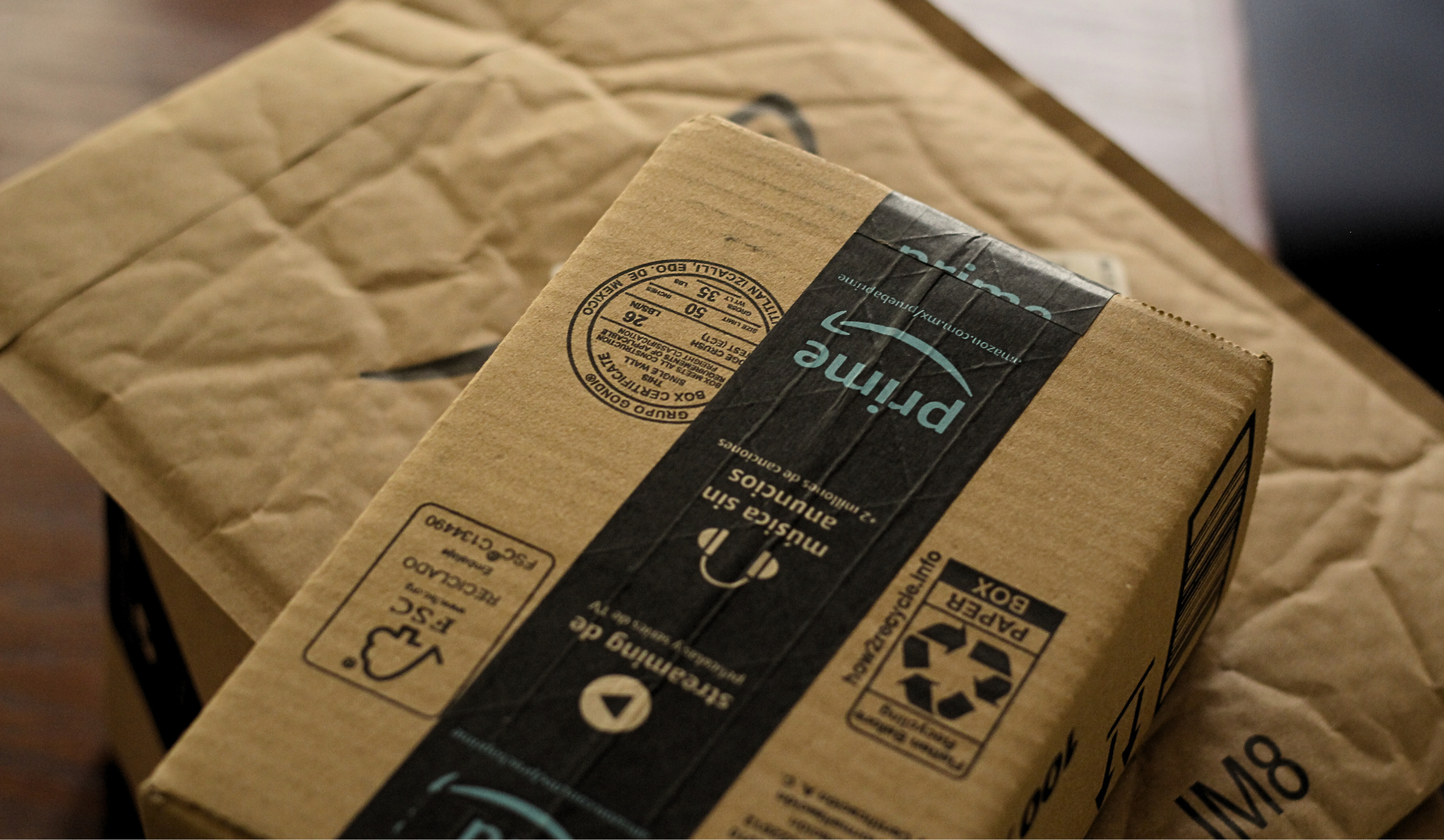
Exploitation and Opacity: The Hidden Reality of Mexican Coffee in Nestlé and Starbucks Supply Chains
14 de February de 2025
Our research explores the complex power dynamics in Mexico’s coffee industry, revealing how large corporations such as Nestlé and Starbucks shape supply chains to their advantage, often at the expense of small producers and the environment. From corporate capture of public policy to unsustainable certification practices, this report documents how these companies exert disproportionate influence, perpetuating social and environmental inequalities.
Nestlé and Starbucks have promoted campaigns to advertise themselves as transparent, socially responsible companies committed to the sustainability of coffee growers in the Mexican regions where there product comes from, but this narrative of fair trade with small producers is anything but real. In Mexico, Starbucks and Nestlé are supplied by global coffee traders, which have a presence through subsidiaries: ECOM Agroindustrial Corp. Limited, Neumann Kaffee Gruppe (NKG), and Louis Dreyfus Company B.V. (LDC).
The big coffee traders help to set the purchase price of coffee (generally very low) and become lenders and even producers, which causes unequal relationships and concentrates power in the hands of these traders. The price of coffee is ultimately set by Nestlé and Starbucks based on the supply and demand of the product. In turn, the traders control the direct purchase price from the coffee growers. The latter are at the most vulnerable link in the supply chain, as they are forced to reduce their prices, cheapen their labor, and resort to informal intermediaries, known as coyotes, in order to offer their product on the market.
The control and power of coffee traders over the price of coffee produced by the smallest coffee farmers, who generally own less than three hectares of land, not only contradicts Nestlé’s and Starbucks’s advertising of supply chain transparency, sustainability, and social responsibility, but also makes them responsible for the corporate capture of the State in Mexico. In particular, Nestlé has benefited from State programs and incentives that are primarily intended to support small producers, but in reality have enriched the company.
Additionally, Nestlé, through the Nescafé Plan, is promoting robusta coffee cultivation, a more resistant, productive, and affordable type of coffee, albeit of lower quality and higher environmental cost since it is not planted under shade and requires more water. The environmental impact of the robusta cultivation is leaving a significant footprint in terms of forest loss in Veracruz and Chiapas, the states that concentrate coffee cultivation in Mexico.
These are some of the findings from Empower’s latest research report, produced in collaboration with Coffee Watch and ProDESC, where, in addition to pointing out the opacity and questionable practices of the Starbucks and Nestlé supply chains in Mexico, we lift up elements of action concerning the Mexican State, companies, traders, and civil society that must be considered to guarantee respect for the rights of Mexican coffee growers.




